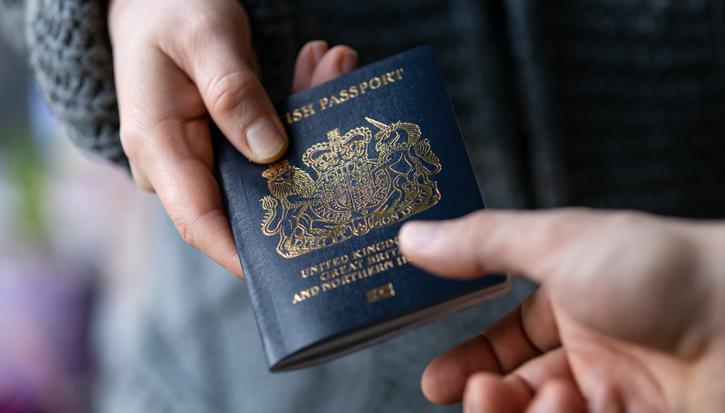Introducing the IPPR Commission on Economic Justice
Introducing the IPPR Commission on Economic JusticeArticle
And as was demonstrated at today’s launch of the IPPR Commission on Economic Justice, change is much needed. Data from today’s Out of Shape report on the current state of the British economy drove the event. The report identifies six significant symptoms of our failing and ailing economy – fiscal, environmental, productivity, regional and imbalances of income and trade and a lack of investment. These were explored in detail by the Commission Director Michael Jacobs.
But what brought the problem to life was a tale told by Commissioner Sara Bryson, a community organiser in Tyne and Wear. She talked of an estate in the North East where there was a thriving black market in stolen cheese. Why? Because cheese is expensive, nourishing and lasts longer than meat. So in 2016, in the sixth largest economy in the world, people buy cheap stolen cheese, because they have to. This encapsulates the challenge the Commission has been convened to tackle.
The panel brought together a wide range of perspectives from business, civil society, technology. Voices from both sides of the EU referendum debate were represented and the Commission has been welcomed across the political spectrum. This reflects the wider makeup of the commission which includes world business leaders alongside the General Secretary of the TUC Frances O’Grady and The Archbishop of Canterbury Justin Welby.
Alongside the people you might call the usual suspects, IPPR has also recruited the unusual suspects. They include the co-founder of DeepMind, the UK’s most successful tech startup the race equality director of Business in the Community and the Director of the Liverpool Biennial Arts Festival.
Commissioners will work particularly on workstreams that match their interests and experiences as well as testing their thinking by being challenged from those outside the world of academic economics. So Helena Morrissey explained that she would be working with Frances O’Grady on a new approach to corporate governance. Juergen Maier, Chief Executive of Siemens UK, will be working on responsible business and entrepreneur Grace Gould will be looking at the effects that technological innovation will have on the economy and the world of work.
One key theme that all the speakers touched on was the necessity for the commission to hear from and take account of a real diversity of voices. The Commission is gender balanced, and a quarter of the Commission are under 40. It will be in ensuring that throughout the life of the commission they see and hear from a wide range of voices – and particularly from those at the sharp end of our broken economy that they can produce work that will effect real change. As IPPR Director Tom Kibasi – who will chair the commission – made clear, this event is just the start of a two-year long conversation about challenging the rules of the UK economy. It will be up to all of us to seek out the stats and the stories that will illuminate, challenge and clarify the path ahead.
The IPPR Commission on Economic Justice is highly ambitious in its scope. Its aim is nothing less than to use the opportunity and challenge presented by Brexit to completely rewrite the rules of the British economy. There will be outputs from the different work streams throughout the life of the commission but the final report will set out policy to deliver a new national economic vision that the whole country can get behind.
Related items

Women in Scotland: the gendered impact of care on financial stability and well-being
Women in Scotland are far likelier than men to take on childcare and other caring responsibilities, which puts them at an economic disadvantage.
Citizenship: A race to the bottom?
The ability to move from temporary immigration status to settlement, and ultimately to citizenship, is the cornerstone of a fair and functional immigration system.
Reflections on International Women's Day 2025
In a world that currently seems increasingly dominated by ‘strong man’ politics and macho posturing, this International Women’s Day it seems more important than ever to take stock of where we are on the representation of women in politics.